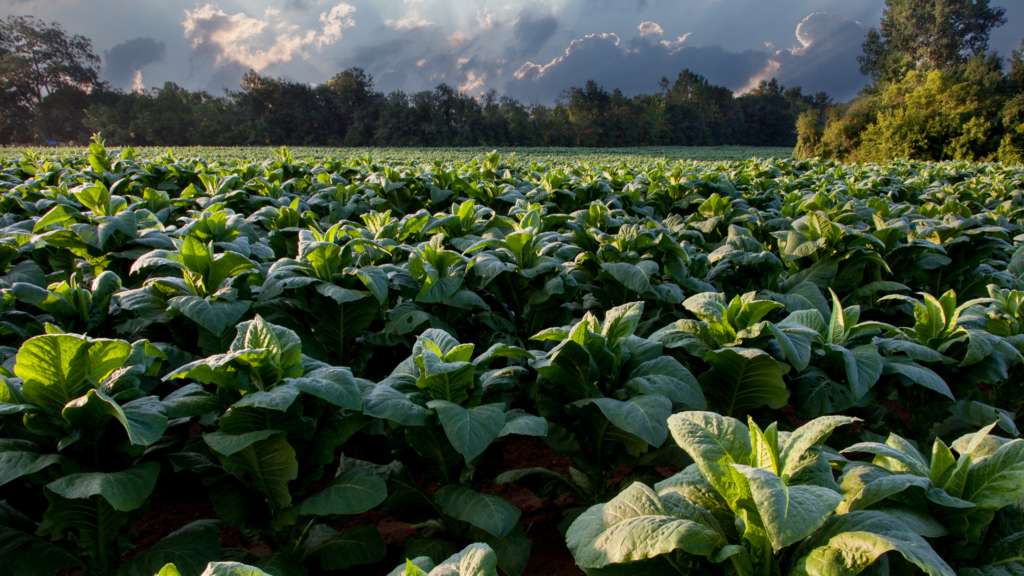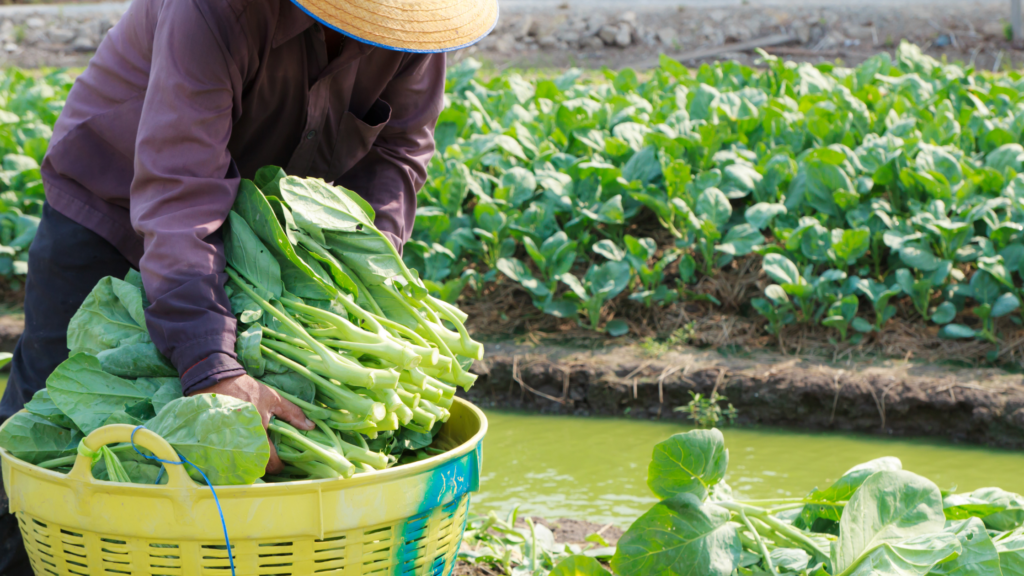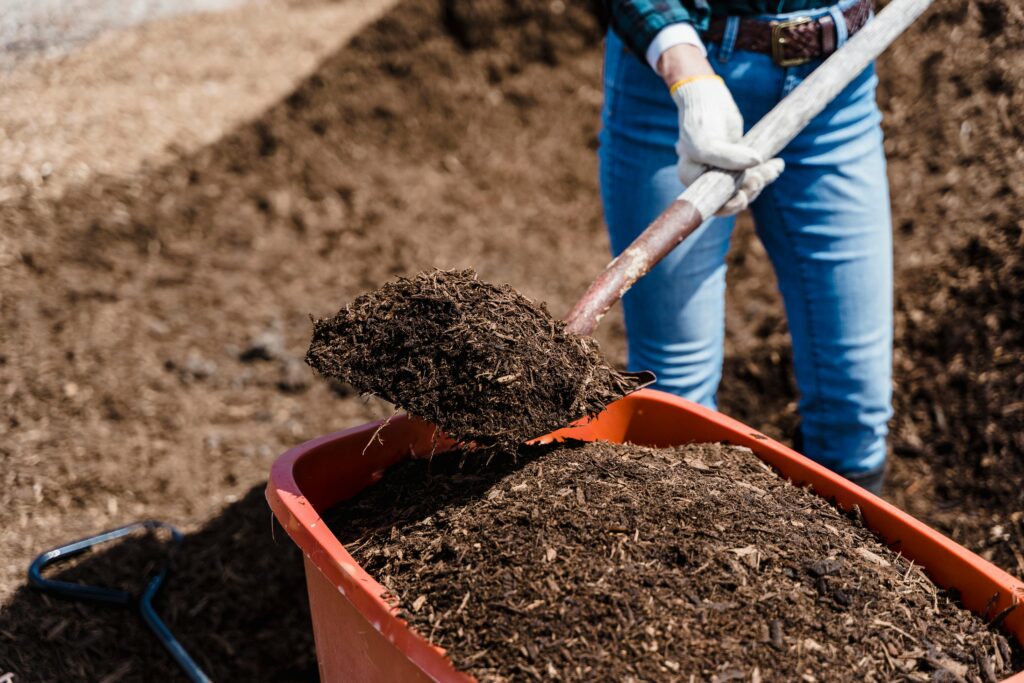In today’s world, the integration of sustainable practices is crucial for fostering rural economic growth. For organizations like Bottom Billion Corporation (BBC), promoting sustainability is not only aligned with their mission but also essential for empowering underserved communities and creating lasting economic impact. This article explores how sustainable practices can drive rural economic growth, the strategies for implementing these practices, and real-world examples of successful initiatives.
The Importance of Sustainability in Rural Economic Growth

Enhancing Agricultural Productivity
Agriculture is the backbone of many rural economies. Sustainable agricultural practices such as crop rotation, organic farming, and efficient water use can significantly boost productivity. These practices not only ensure long-term soil health but also reduce the reliance on chemical inputs, leading to cost savings for farmers and a healthier environment.

Promoting Renewable Energy
Renewable energy sources like solar, wind, and biogas are vital for sustainable rural economic growth. These energy solutions can reduce dependence on non-renewable resources, lower energy costs, and create jobs. For instance, solar-powered irrigation systems can improve agricultural efficiency and provide a reliable energy source for rural households and businesses.

Fostering Eco-Tourism
Eco-tourism is a sustainable way to stimulate rural economies. By promoting natural and cultural heritage, eco-tourism attracts visitors, creates jobs, and generates income. It encourages the conservation of natural resources and provides local communities with a sustainable income source.
Key Strategies for Implementing Sustainable Practices
Investing in Education and Training
Education and training are fundamental for the successful implementation of sustainable practices. Providing farmers and rural entrepreneurs with the knowledge and skills to adopt sustainable methods is crucial. This includes training on sustainable farming techniques, renewable energy solutions, and eco-tourism management.
Supporting Sustainable Agri-Businesses
Supporting sustainable agri-businesses through investment and access to resources can drive rural economic growth. By providing financial support, technology, and infrastructure, organizations can help these businesses thrive. For example, microfinance initiatives can offer small loans to farmers and entrepreneurs, enabling them to invest in sustainable practices and expand their operations.
Encouraging Community Participation
Community participation is essential for the success of sustainable initiatives. Engaging local communities in the planning and implementation of projects ensures that these initiatives meet the needs and priorities of the residents. This participatory approach fosters ownership and accountability, leading to more sustainable outcomes.
Leveraging Technology
Technology plays a pivotal role in enhancing rural economic growth and sustainability. Innovations such as precision farming, mobile banking, and digital marketplaces can improve productivity, reduce waste, and provide access to new markets. For instance, precision farming techniques use data and sensors to optimize crop yields and resource use, while mobile banking services offer financial inclusion to remote populations.
Overcoming Challenges in Rural Sustainability
Access to Resources
One of the primary challenges in promoting sustainability in rural economic growth is the limited access to resources such as finance, technology, and infrastructure. To address this, partnerships between governments, NGOs, and private sector entities can help bridge the resource gap. Initiatives like public-private partnerships and development aid can provide the necessary support to implement sustainable projects.
Resistance to Change
Resistance to change is another significant challenge. Many rural communities may be hesitant to adopt new practices due to cultural norms, lack of awareness, or fear of failure. Overcoming this requires effective communication, education, and demonstration of the tangible benefits of sustainable practices. Success stories and pilot projects can serve as powerful tools to inspire confidence and willingness to change.
Environmental and Regulatory Constraints
Environmental and regulatory constraints can also pose challenges to implementing sustainable practices. Navigating complex regulations and ensuring compliance can be daunting for rural businesses. To mitigate this, providing technical assistance and legal support can help businesses understand and adhere to environmental regulations, ensuring that their operations are both sustainable and legally compliant.
Success Stories in Rural Sustainability
Green Mountain Coffee Roasters
Green Mountain Coffee Roasters, now part of Keurig Dr Pepper, has been a pioneer in promoting sustainable agriculture. The company sources its coffee beans from smallholder farmers who use sustainable farming practices. By investing in fair trade and organic certification programs, Green Mountain has helped improve the livelihoods of farmers in rural areas while ensuring environmentally friendly farming methods.

Barefoot College
Barefoot College, based in India, is a non-profit organization that trains rural women, often referred to as “Solar Mamas,” to become solar engineers. These women learn to install and maintain solar lighting systems in their communities, providing a sustainable energy solution and empowering them economically. Barefoot College’s innovative approach has brought solar power to numerous remote villages, transforming lives and promoting sustainable development.

One Acre Fund
One Acre Fund is a non-profit organization that supports smallholder farmers in East Africa by providing them with seeds, fertilizers, training, and market access. The organization’s holistic approach helps farmers increase their productivity and income sustainably. One Acre Fund’s efforts have led to significant improvements in crop yields and farmer incomes, demonstrating the impact of sustainable agricultural practices.


Sustainable practices are crucial for fostering rural economic growth. By improving agricultural productivity, promoting renewable energy, encouraging eco-tourism, and utilizing technology, rural communities can achieve lasting economic development. Organizations like Green Mountain Coffee Roasters, Barefoot College, and One Acre Fund demonstrate the transformative potential of sustainability initiatives. For Bottom Billion Corporation (BBC), supporting sustainable practices in rural areas aligns with its mission of economic empowerment and environmental stewardship. By investing in education, technology, and community engagement, BBC can help create resilient and sustainable rural economies. Advancing sustainability paves the way for a more equitable and prosperous future for rural communities worldwide.



